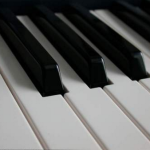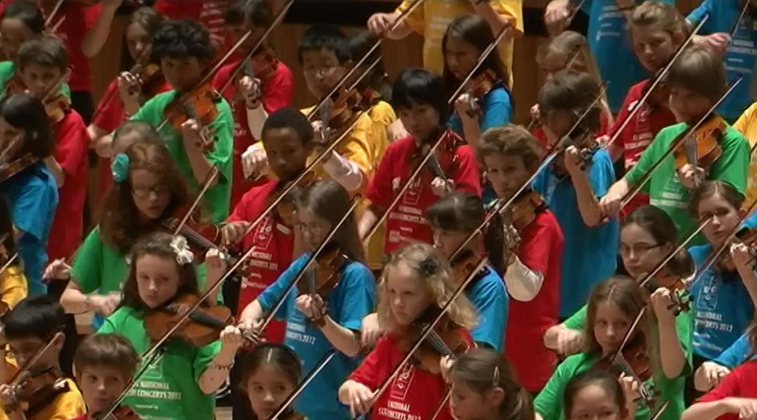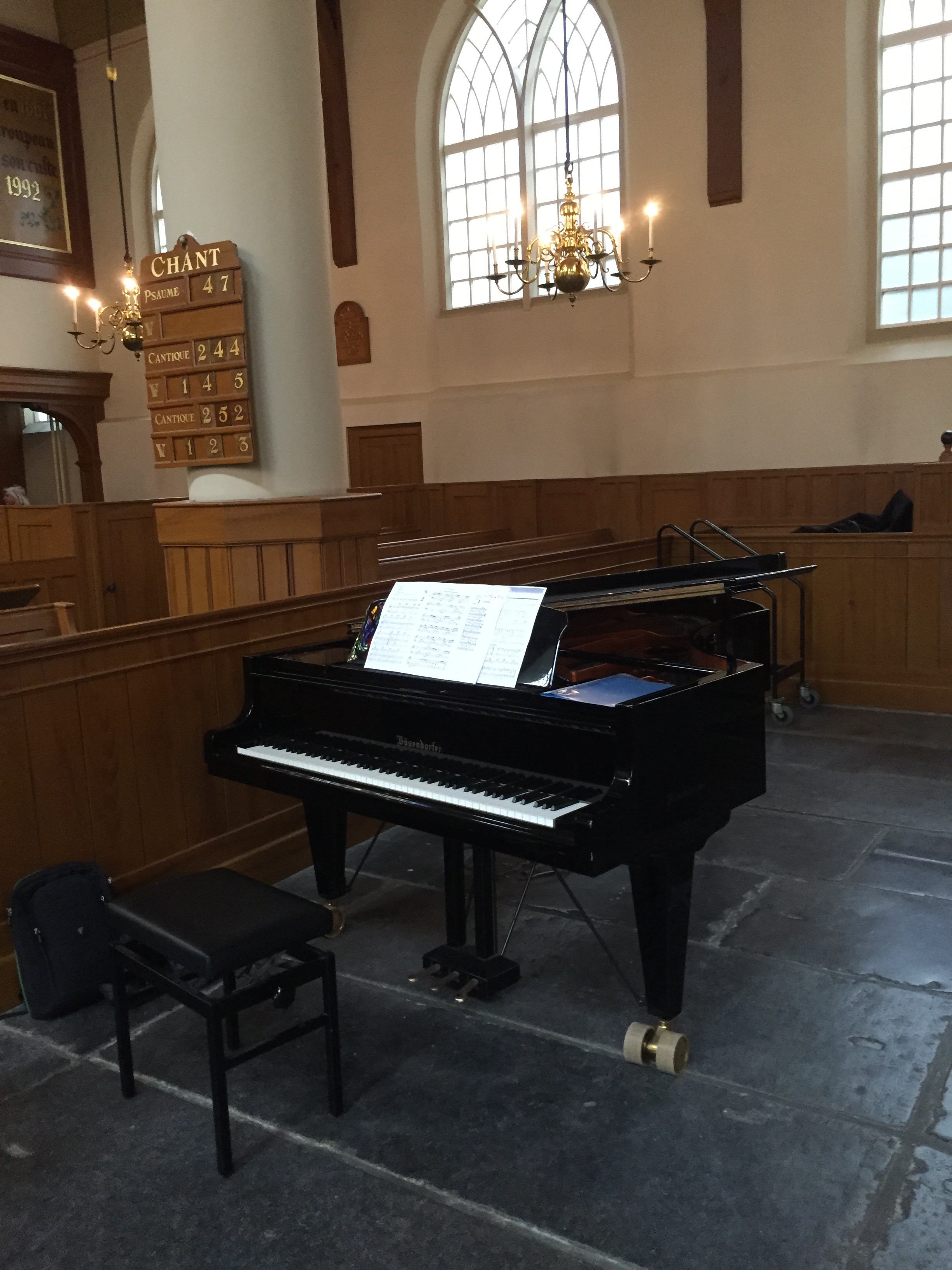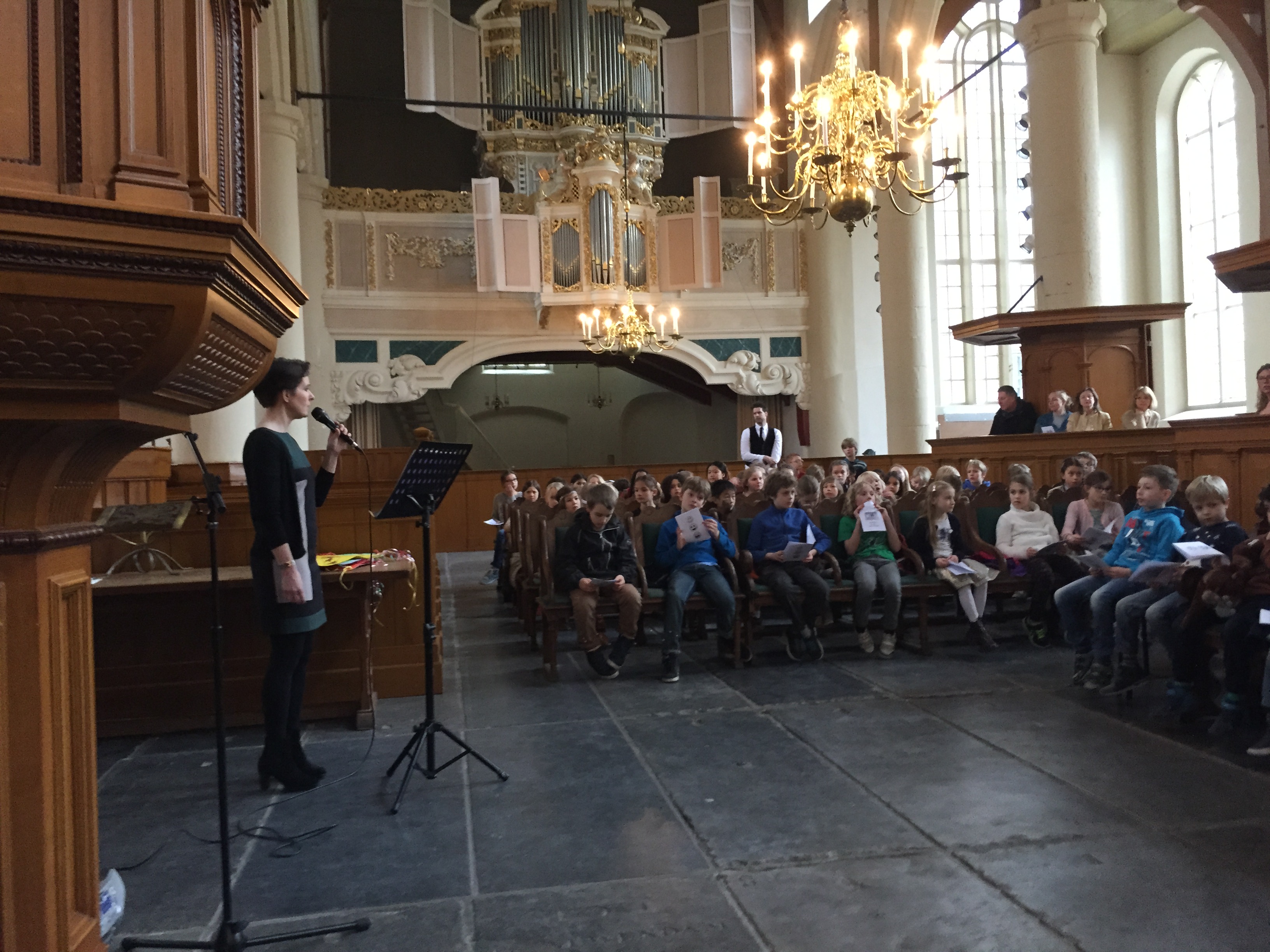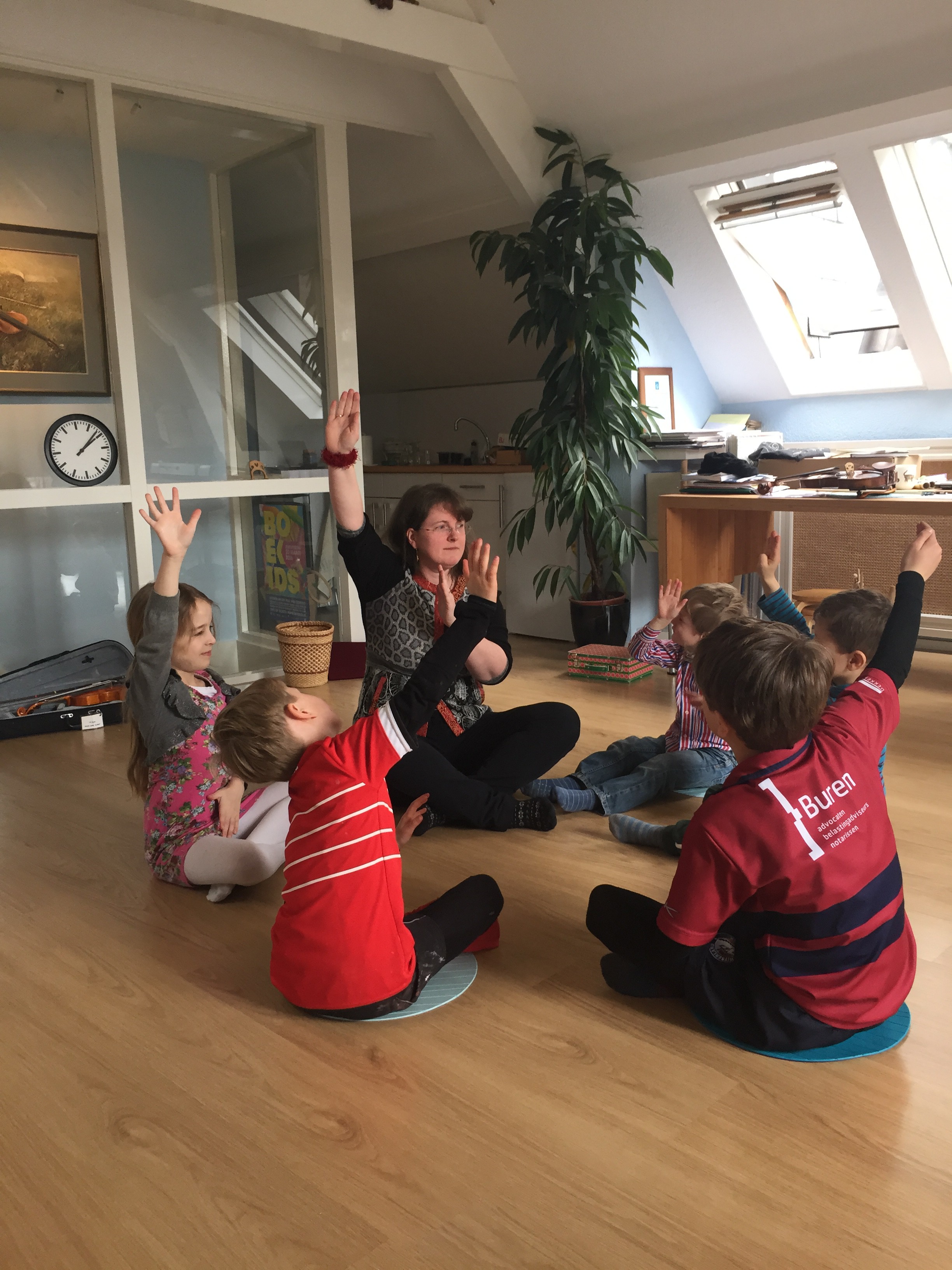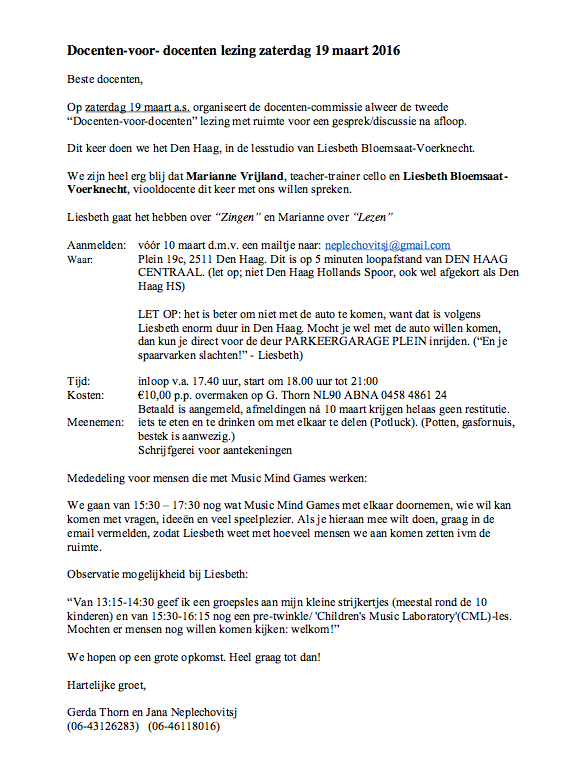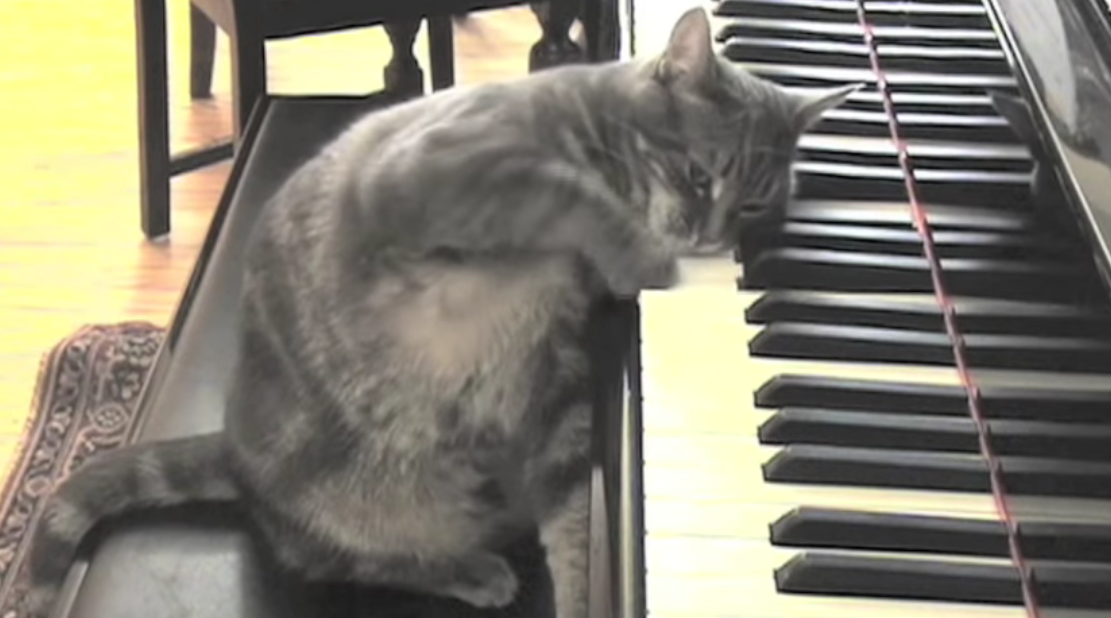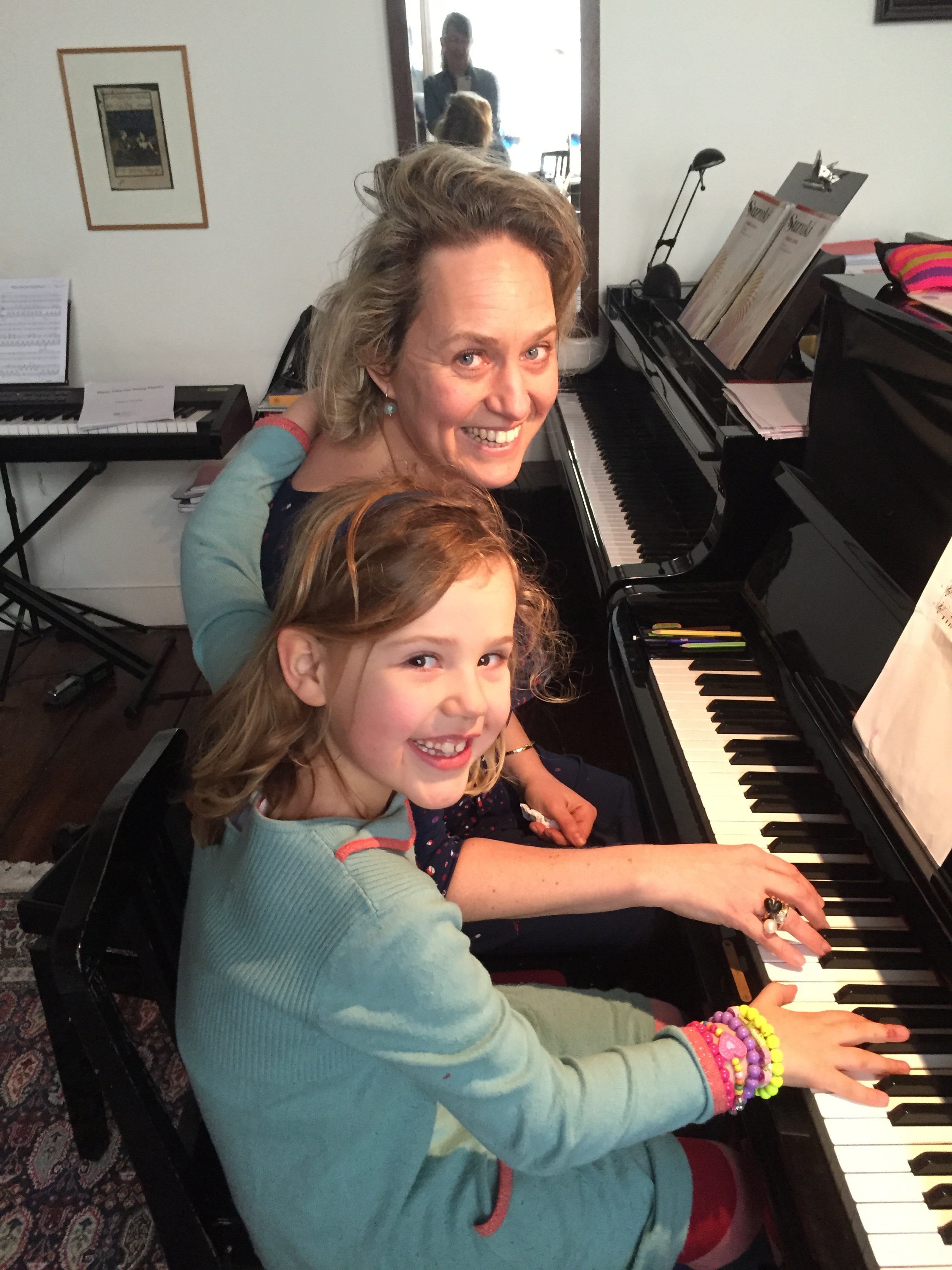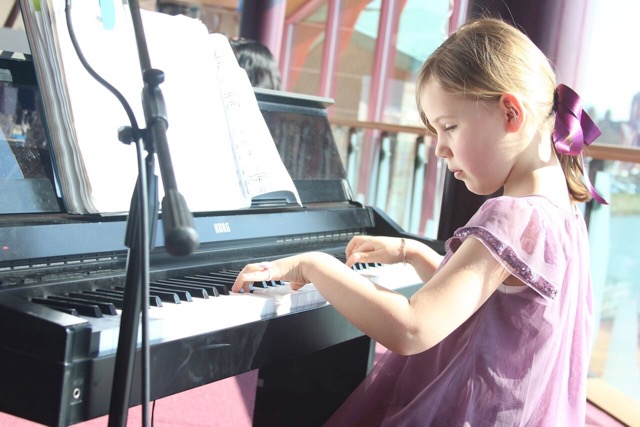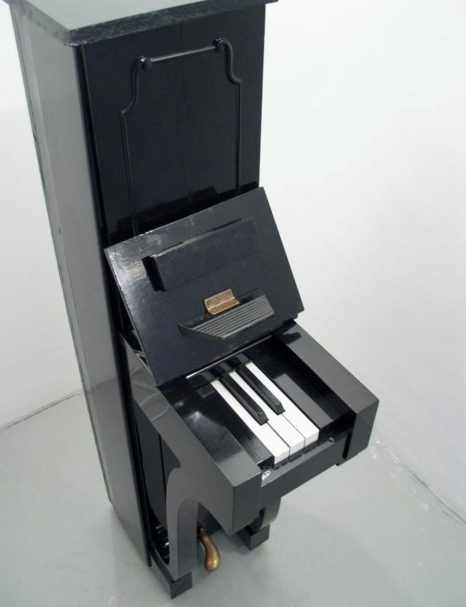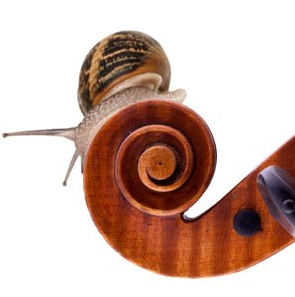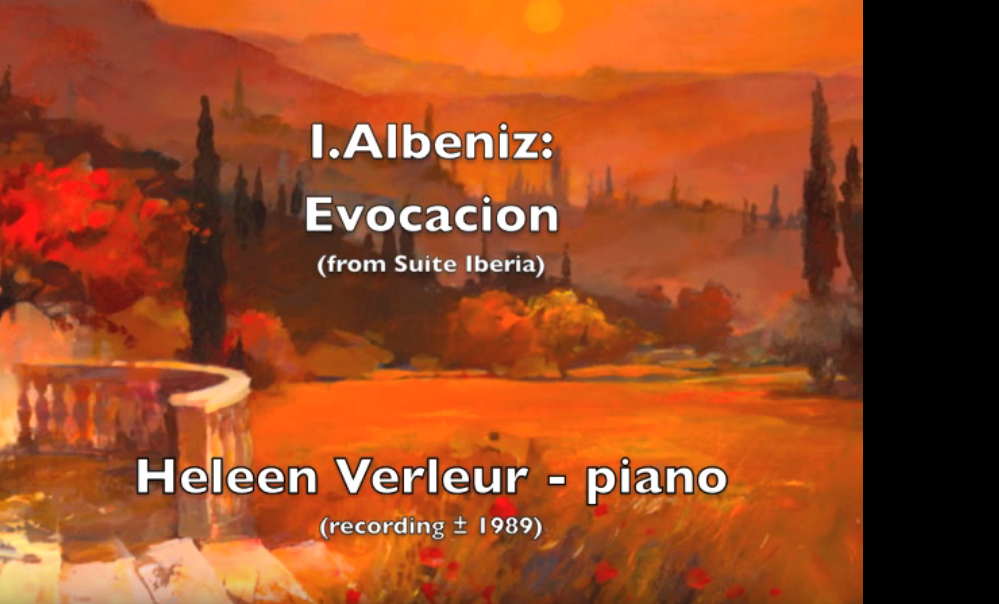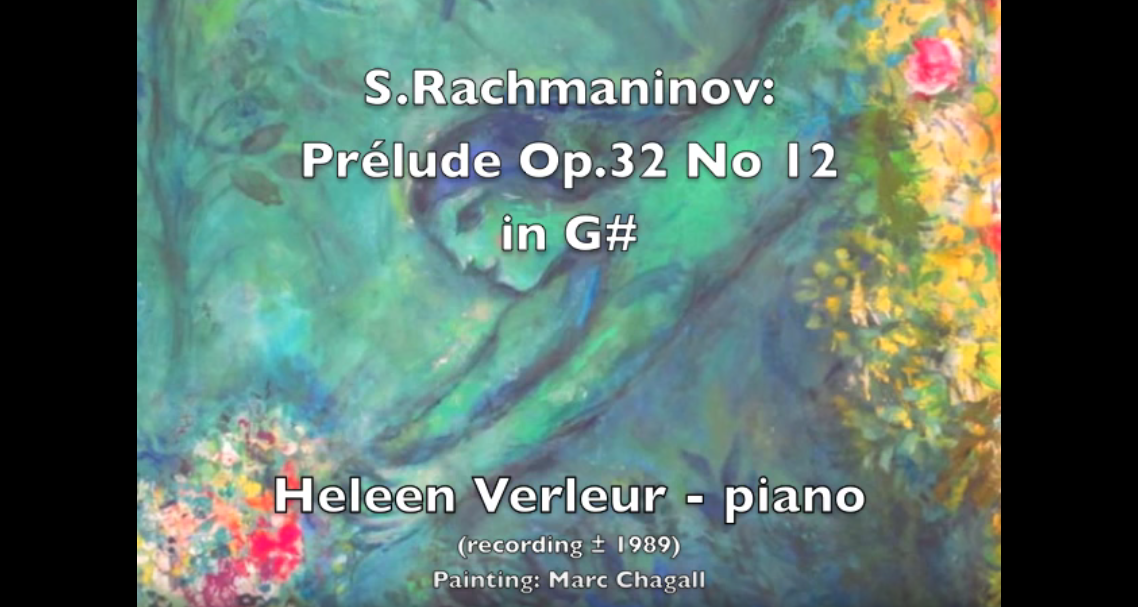This article I copied from elissamilne.wordpress.com (Elissa Milne)
It clearly deals with the role of the parent during the Suzuki lessons.
It seems very strict but I think she’s right.. although I’m not so firm myself, sometimes..
Parents who sit in on piano lessons
Parents of piano students: you immediately subdivide into Those Who Send Their Children In, and Those Who Sit In On The Lesson.
Just quietly, piano teachers probably also have you classified on quite different grounds as Those Who Think Practicing Is Optional, and Those Who Take This Seriously.
But for now we are talking specifically about what’s in it for you, for your child, and for the teacher when you choose to sit in on a lesson. And what you simply must never ever do.
I would guess that a significant majority of piano teachers who give one-on-one piano lessons would much prefer it if the parent(s) stayed out of the room while the lesson was in progress. In practice most teachers will insist that parents not sit in on lessons. And for some good reasons: students change when their parents are present! Almost without exception they become more withdrawn, less confident when trying something new, and less willing to share their opinions. Teachers are very reluctant to risk admitting these kinds of behavioural adjustments to their lesson when so much about playing the piano (or mastering any performance skill) requires openness and confidence.
There are other reasons teachers keep the lessons genuinely one-on-one: as a generalisation, parents generally end up ‘coaching’ their child through a lesson, offering the answers a student is too slow to speak, assuring the teacher the child sounded much better at home, and explaining the life events that prevent their child from being quite as good as they would otherwise have been that particular week. This all takes up a lot of time in the lesson, and contributes nothing useful to the teacher’s task of making a material difference to the child’s pianistic and/or musical skill set within 30 minutes.
And sometimes (not always) teachers can be a little shy themselves, and the presence of a parent can hamper the teacher’s sense of ease and flow.
All of which may have parents thinking (having read my frank descriptions) that there can be nothing at all to be gained from sitting in on a lesson.
But, when managed correctly, this is quite far from the case.
A parent sitting in on a piano lesson will be much more aware of the teacher’s concerns and instructions than the parent who never puts their face inside the studio. And a parent who observes the piano lesson will know what is required of the child throughout the next week, possibly even with a very clear idea as to how to assist the child with the more challenging aspects of their work.
I particularly welcome parents sitting in on their child’s lesson when the parent has a somewhat restricted/non-existent musical knowledge from which to draw when helping their child at home. It is extraordinary how much a parent will pick up from observing even a single lesson – things that are fundamental to good performance, but which the parent had no awareness of before.
Here are the ground-rules I use in my lessons to ensure maximum benefit to both student and parent:
Parents are seated out of the sight-line of both student and teacher, keeping the conversation in the lesson between the student and teacher, and minimising the opportunities for parent and child to begin a debate, for the parent to randomly interject, and for the child to turn to the parent for approval.
Parents must not answer for their children or play the piano in place of them. Parents must not say anything to disparage the child. Parents must not make excuses for the child. This is all pretty challenging to many parents, especially those in the habit of doing their children’s homework!
And probably most important of all, parents must not use the lesson to praise their children! Many a time I’ve heard a student give a barely competent (let alone polished) performance only to have the parent chime in at the end “Isn’t he sounding brilliant this week?” or some such similar irrelevant and ill-informed judgement. This creates a diversion from the task of improving the performance (or some related learning activity) while the teacher assesses the cost-benefit of explaining to the parent why, and in which ways, the performance was entirely unworthy of praise.
Does it go without saying that it’s just plain embarrassing all round when parents put forward incorrect answers or explanations during the lesson?!
Finally, parents should not sit in on the lesson if they plan to be actively disinterested in proceedings. If you are sitting in the lesson but preoccupied with reading a magazine or reading reports from work, this sends a clear message to the child – it might look like I’m interested, but as you can clearly see, I’m not.
If parents do wish to sit in on lessons, it’s well worthwhile for teachers to take a minute at the end of the lesson to debrief (or, more properly, rebrief) the parent as to what is required at home, the salient points to be mastered, and a quick summary of what their child did right that day. There will be another student waiting for their lesson to begin, so parents need to curtail their conversations to the proportions of the lesson time.
Finally, no matter if you choose to sit in on a lesson or send your child in to enjoy some completely individual attention from the piano teacher, do work with the teacher, and not at cross-purposes! If the teacher has asked your child to practice slowly, don’t encourage your child to play fast. If the teacher has asked your child to practice for three hours in the week, don’t tell your child that two and a half hours will do.
Your role in the ongoing progress of your child-pianist is vital, so no matter what arrangement you come to regarding your attendance at the piano lesson, do take yourself seriously as a music-educator. Because that, irrespective of your levels of experience and expertise, is exactly what you are!
